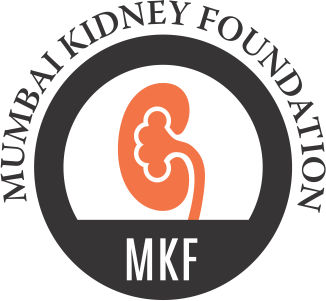Mumbai Kidney Foundation’s mission statement is “Sharing The Burden”. To this end, we are initiating three projects to provide aid to those affected by COVID-19.
Breath A Life
With an increase in COVID cases, we noticed that many people require oxygen either before they get access to a hospital or post-hospitalization when they are at home under COVID care. Providing oxygen concentrators for such people can help ensure that they can get the necessary treatment at home. We want to be able to provide oxygen concentrator services for such people so that they can decrease their hospital stay and care for themselves at home.
If you know someone who requires an oxygen concentrator, please connect them with us. You can SMS/Whatsapp us on 9892008228/9820767272/ 7666674011/9930746030
Requirement: A doctor’s prescription for home oxygen.




